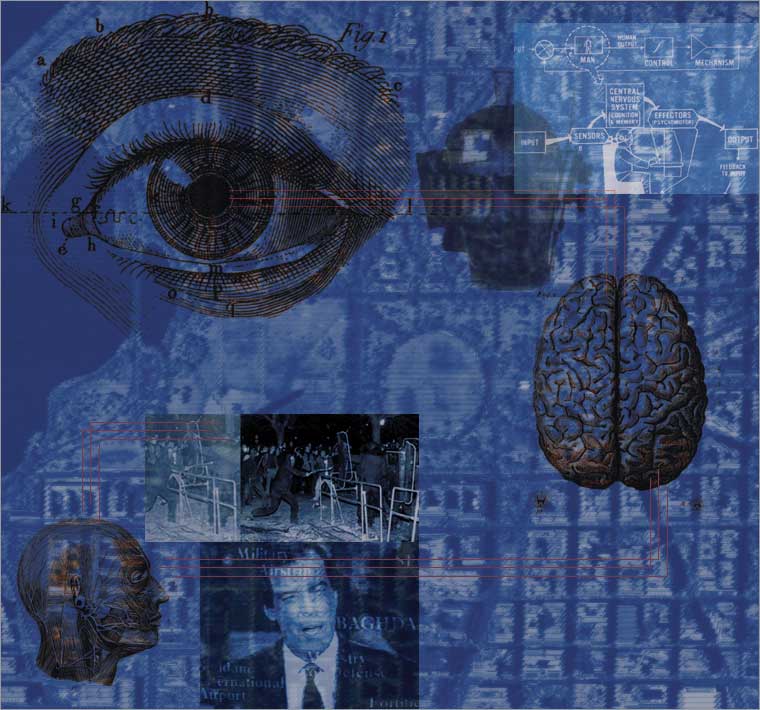 |
 |

Freedom, Lies and Internet. A free and unrestricted exchange of information is usually considered a prerequisite for democratic governance. But the new information processing technologies allow novel techniques of information manipulation. They make the distinction between information and disinformation a fragile construct and ridicule high-flown hopes for fully liberated electronic societies.
Masters of disinformation. Disinformation was already seen as an appropriate political tool of influencing people in ancient Greece. Any political era and culture had its masters of disinformation. With the appearance of the printing press, propaganda and disinformation became political and economic routine. In World Wars I and II, propaganda tools were developed to strengthen domestic support and undermine the enemy's morale. Napoleon, Hitler and Stalin are big names in disinformation history.
Normalised disinformation. In the age of the electronic information networks, disinformation no longer depends on the initiative of powerful individuals. It has become an standard function of the content industry.
Disinformation and democracy. Disinformation and propaganda stand in opposition to the fundamental laws enshrined in liberal constitutions. Therefore, successful disinformation needs to be discrete. For the same reason, however, people put more trust in the information received via the media.